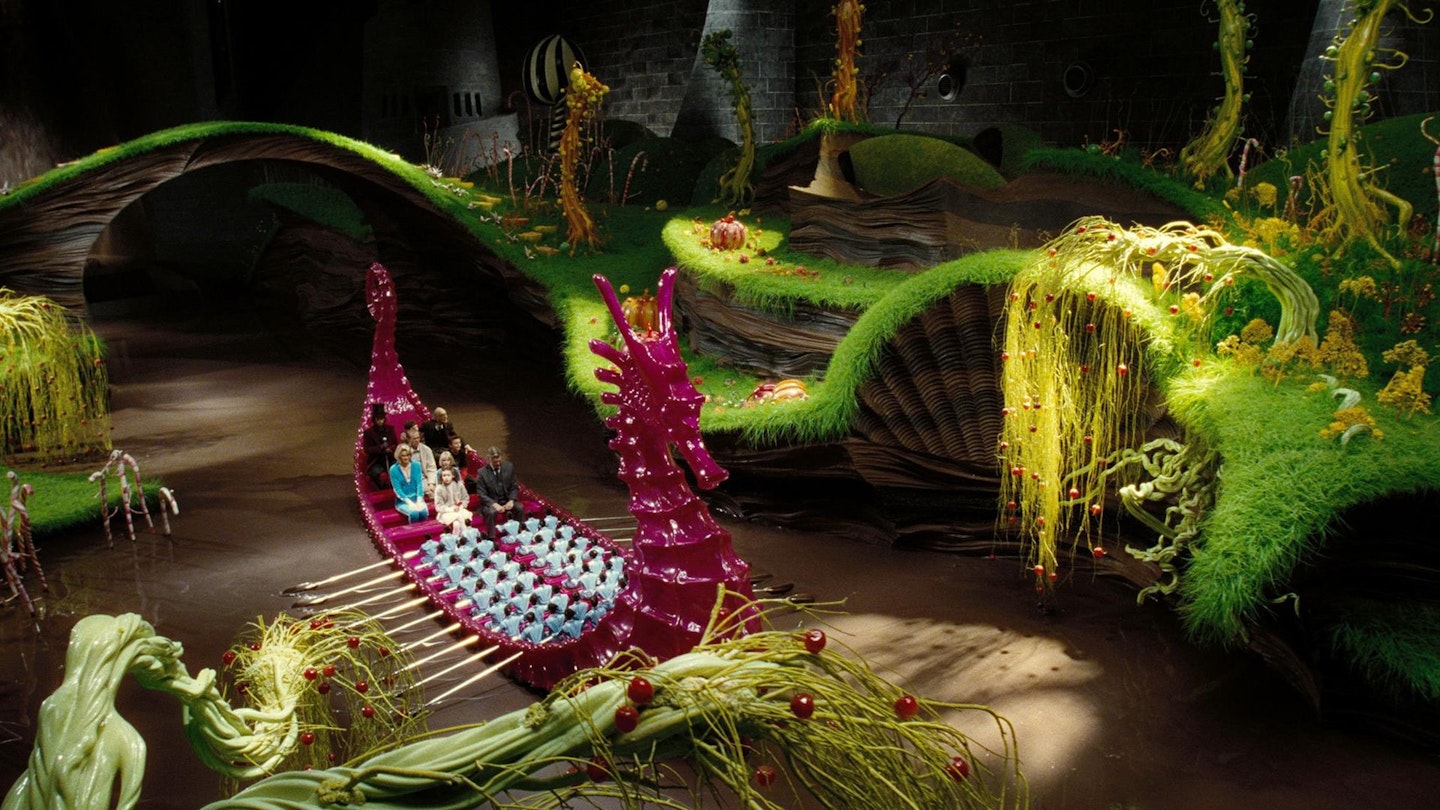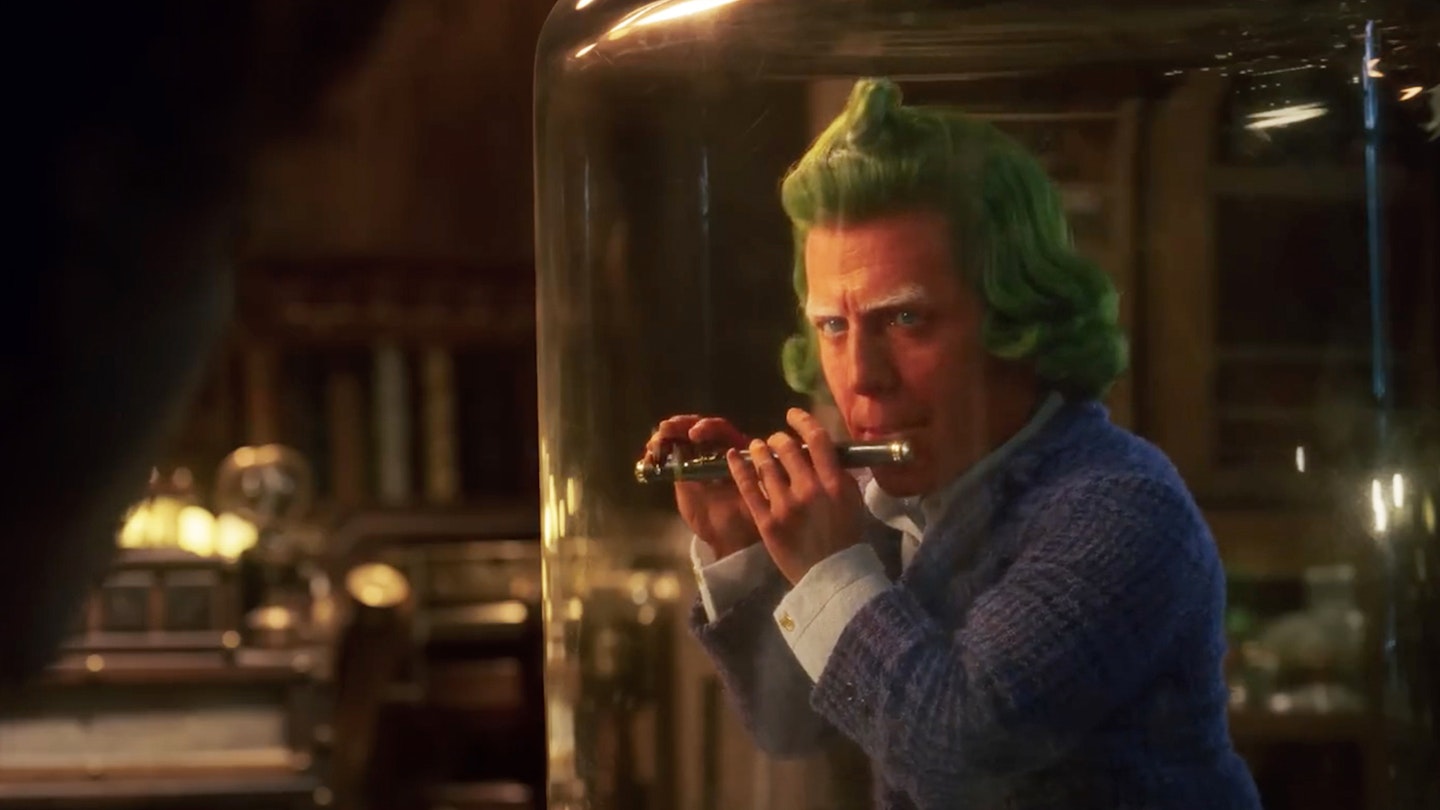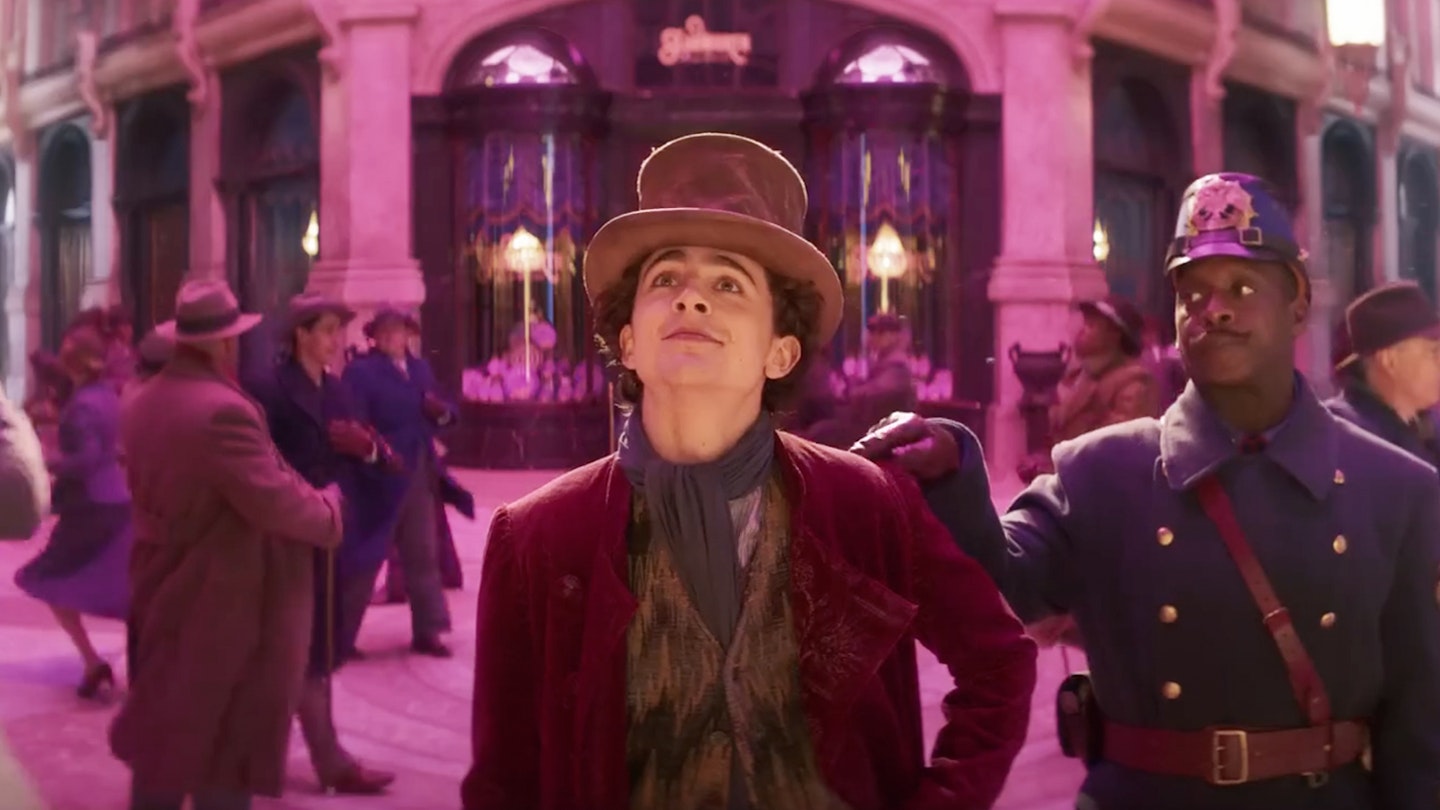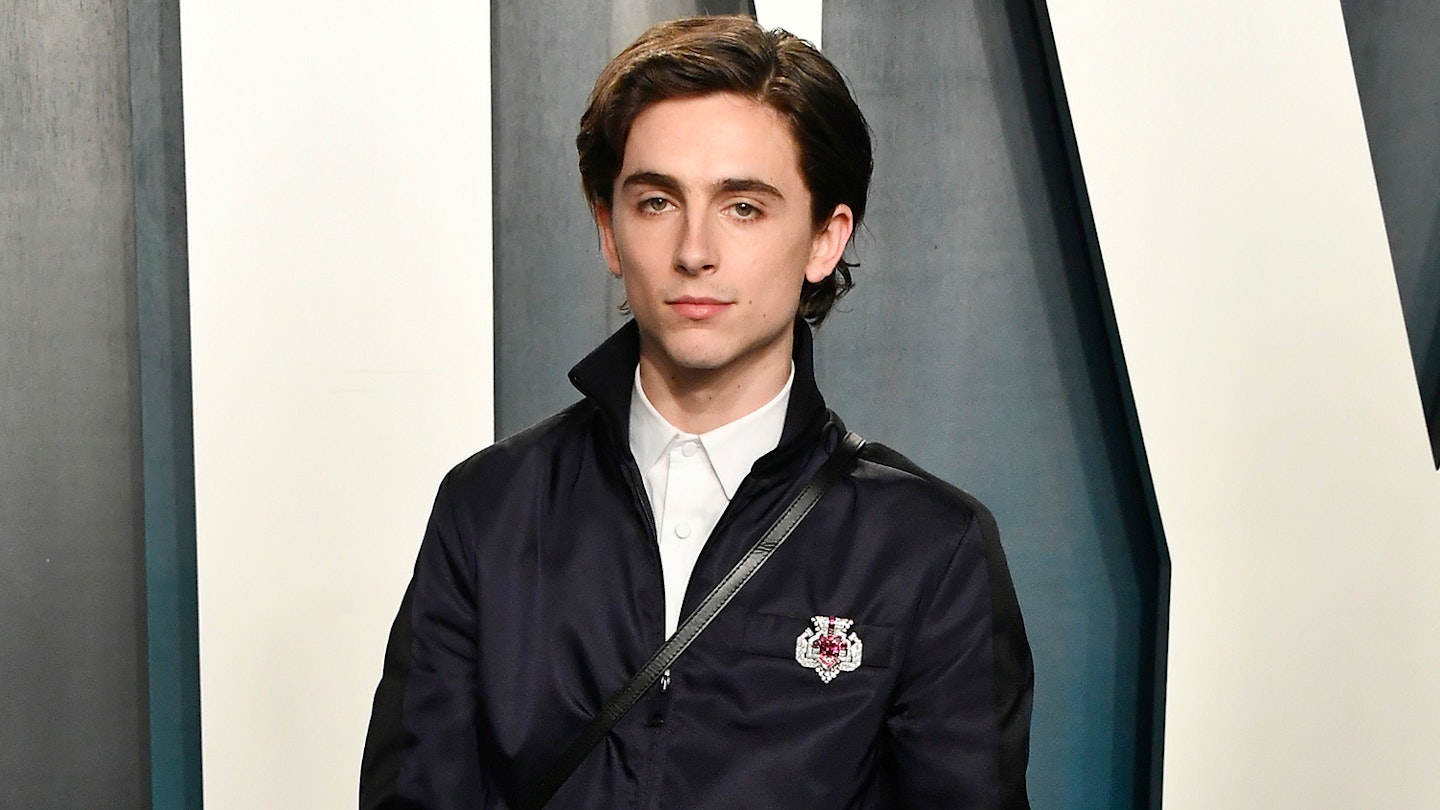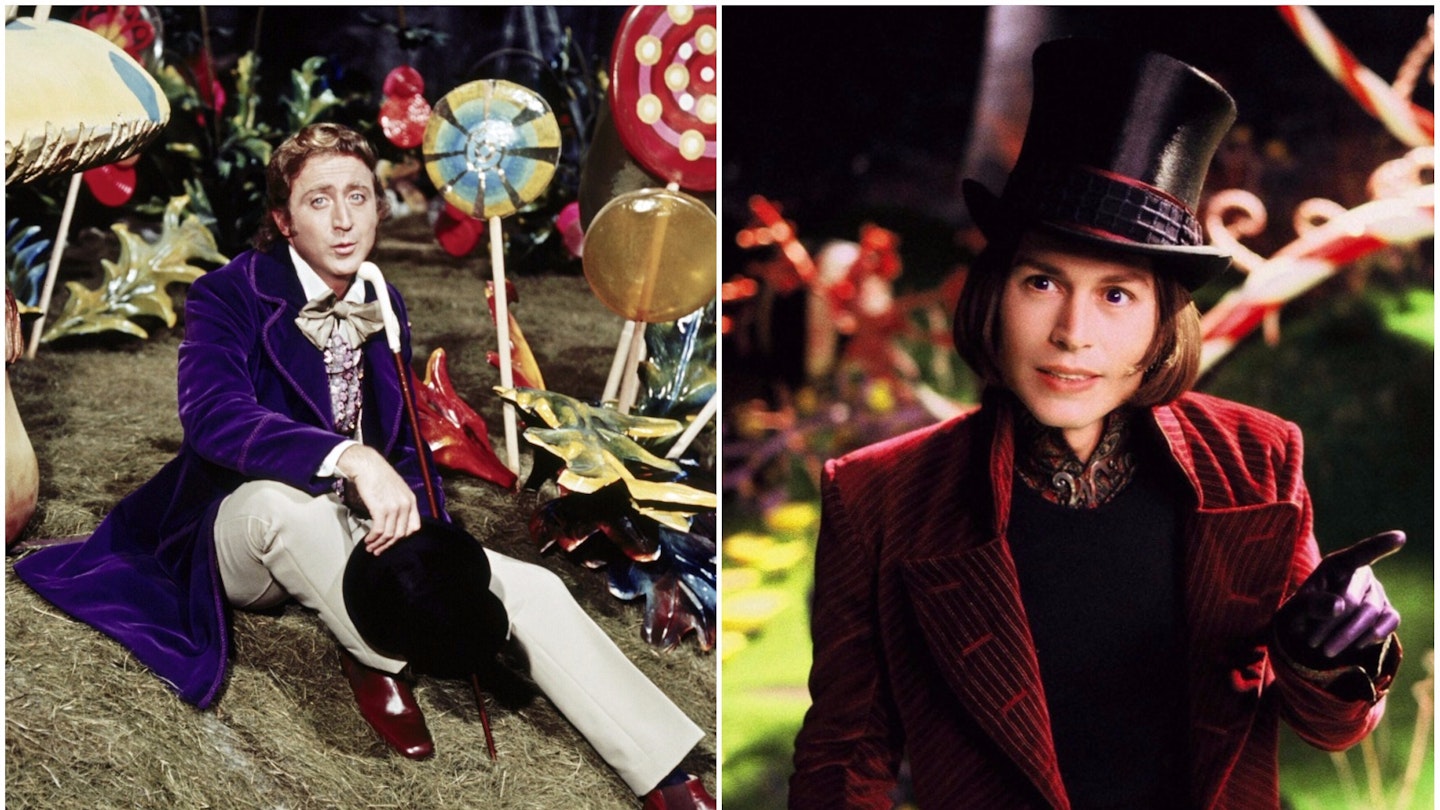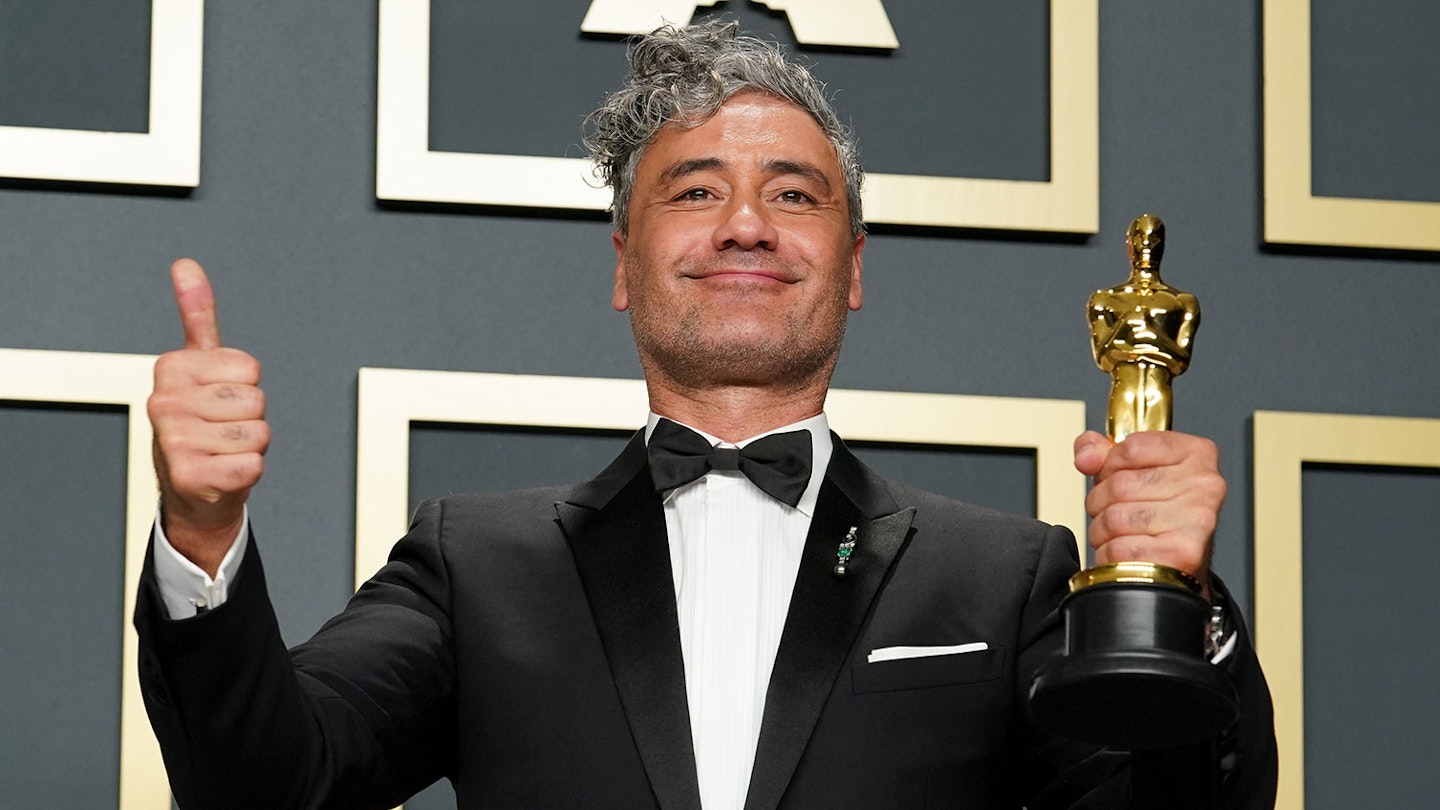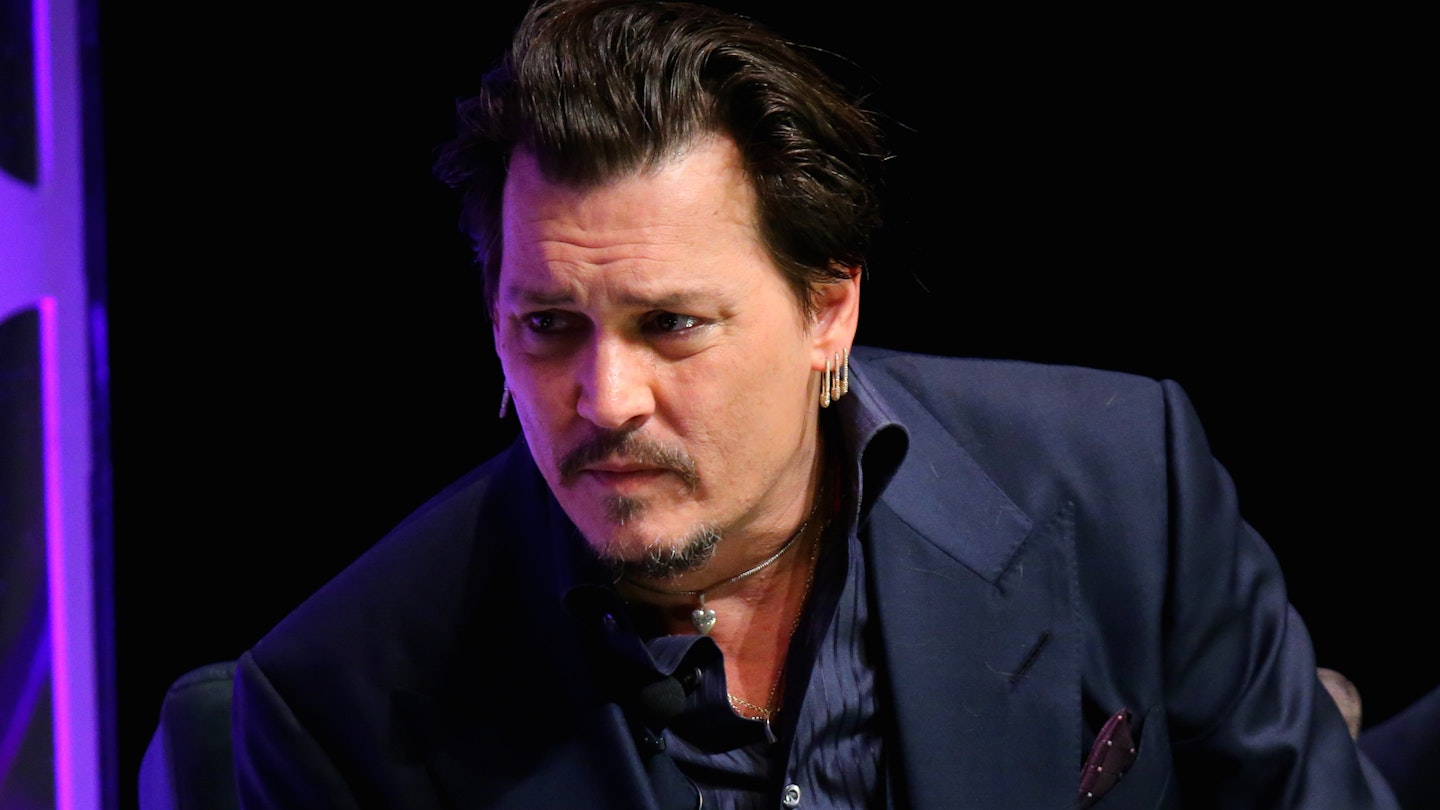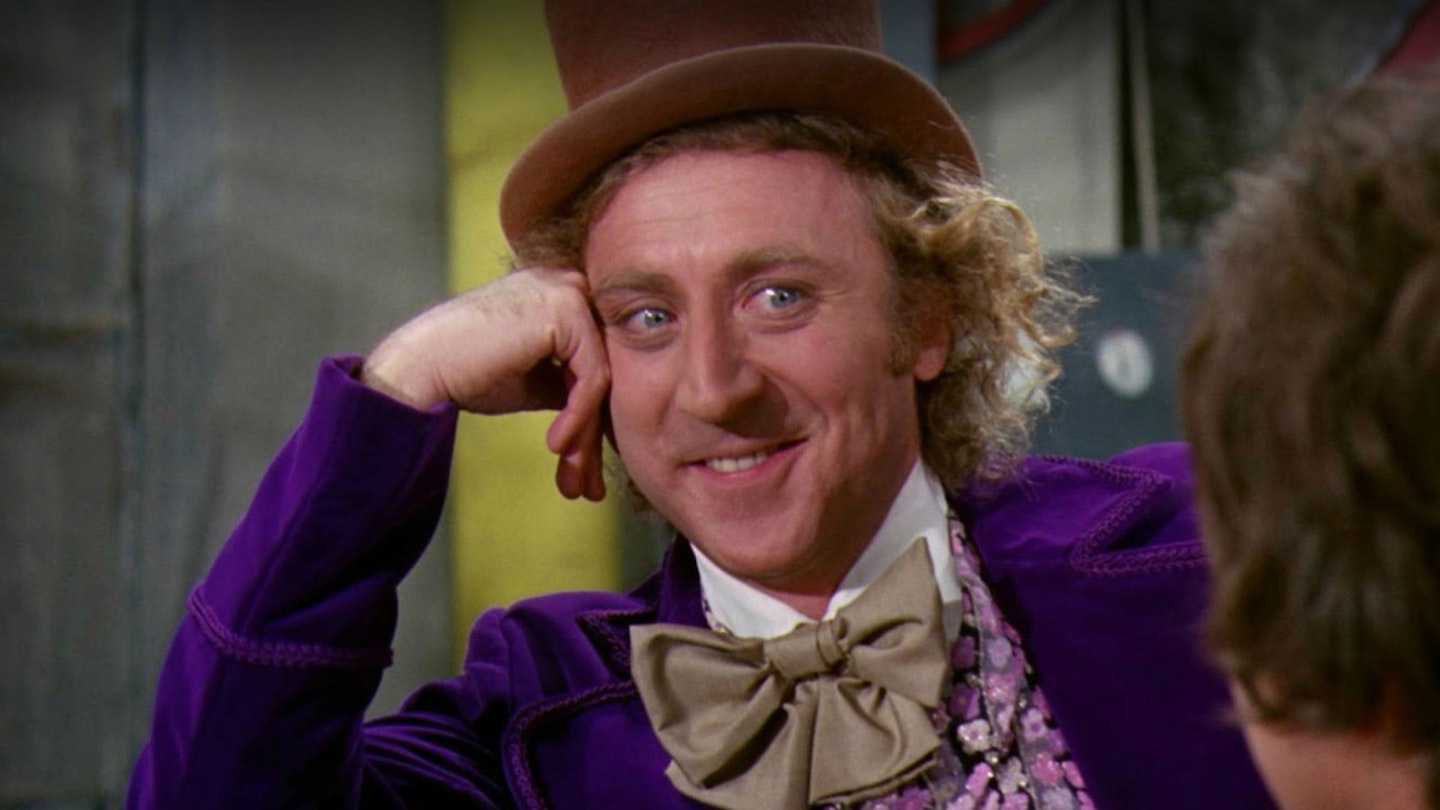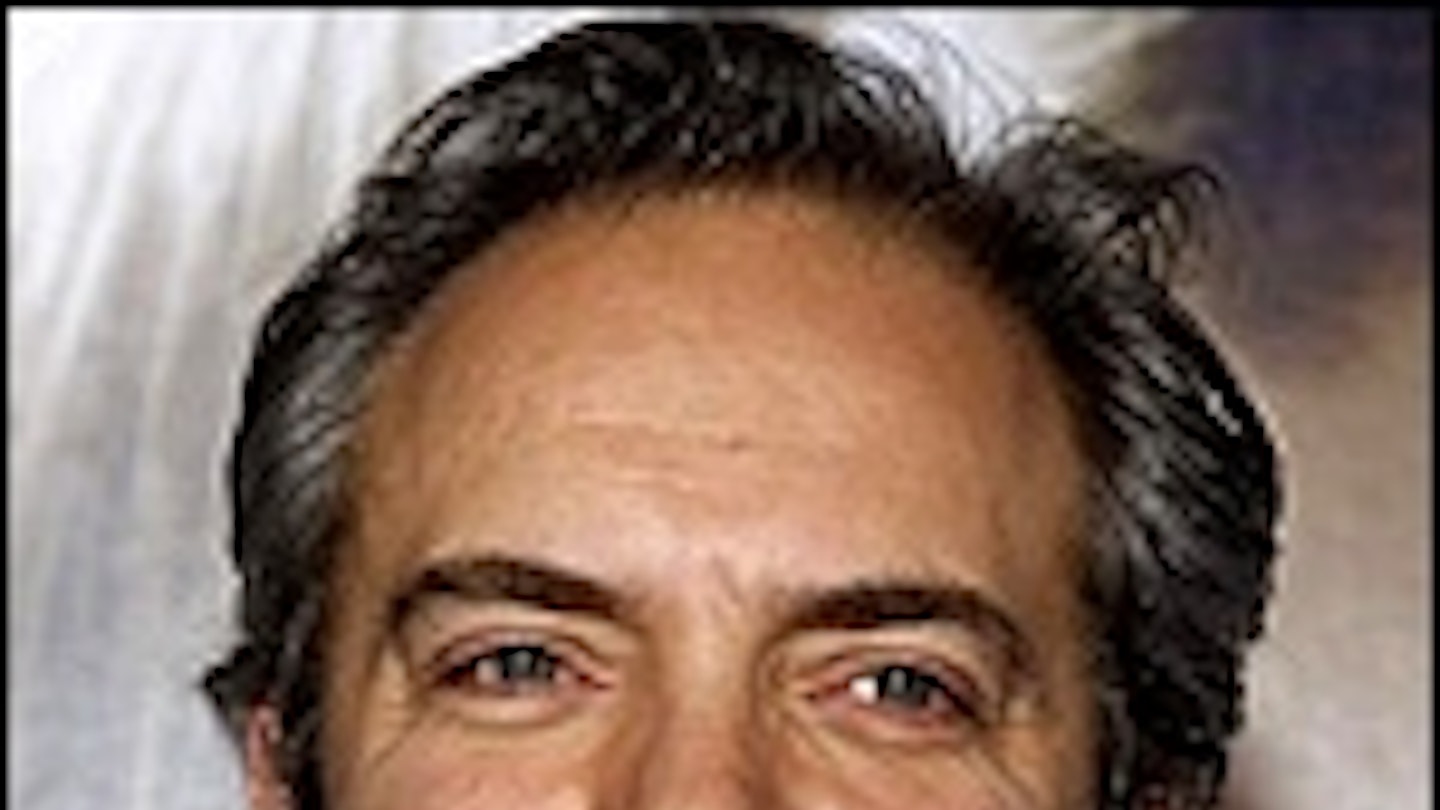It’s a strange thing, taste. There are those who will tell you, under the misty-eyed delusion of nostalgia, that Mel Stuart’s fun but heavily flawed Willy Wonka & The Chocolate Factory is an indisputable classic. But where the 1971 Gene Wilder vehicle left a feeling of emptiness after a brief saccharine high, Tim Burton’s vision of Roald Dahl’s fable of cavities and calamities has the same rich sweetness shot through with the acidic wit that’s kept kids turning the novel’s pages and ruining their appetites for 40 years.
Charlie And The Chocolate Factory deliciously melds the director’s two favoured styles: Grimm Goth-lite and pop-art gaudiness. Burton hasn’t been so visually jubilant since he upped sticks from Gotham. Wonka’s fantastical factory, pregnant with vibrancy and mischief, stands like a twisted Taj Mahal over the anytime-anytown that’s home to little Charlie Bucket (Highmore), a boy who can but dream of a pot to piss in.
Burton establishes an early mood of cosy poverty; warm comedy and familial snugness shining through the elegant wintry gloom. But when the doors to Wonka’s works open, the senses are subject to a rapturous assault that doesn’t let up ’til the credits roll.
There’s so much imagination flying around — Dahl’s, Depp’s, Burton’s, Alex McDowell’s exquisite production design — that a pre-cinema Aspirin is advised to prevent migraines. Oompa-Loompas, the Mr. Whippy-headed factory short-arses, sing infanticidal ditties in styles ranging from Busby Berkeley to The Darkness by way of Hair. A hot-pink dragon boat careens down a hellish, disco-lit tunnel. A precocious brat is trapped in a Kubrick homage. And as for Depp — well, chalk another one up for Mr. Mentalist.
The trust built up between Depp and Burton allows the former free rein to craft a hilarious, yet sinister, yet loveable man-child. Worries that the Michael Jacksonesque appearance denotes squirming undertones should be allayed.
This candyman can’t stand children, watching with horror as his factory is overrun, then with glee as, one by one, his junior tour party (an enjoyably gruesome bunch with faces like Quentin Blake scribblings and hearts calcified by sugar and indulgence) meet their comeuppance, before spitting barbs at those who remain.
But a warm heart and a playful intelligence anchor the madness. It’s unusual to be moved by a children’s movie, but in casting Finding Neverland’s Highmore as his guide, Burton finds a soul for his film.
Never has a bottom lip been quite so emotive as when trembled by Highmore, and rarely has such sweetness in a child performance failed to incite a desire to lock them in a cupboard until they learn a little cynicism.
John August’s script has taken the fantasy of the book and grafted it to a distinctly unsickly moral of family and hard work over imperiousness and entitlement. And he’s added some meat to the novel, too. In particular, Wonka is given a wonderfully macabre backstory, with a dentally fascist father (Christopher Lee) who has left him trapped in eternal childhood, whey-faced and fright-wigged from years locked up with no more than midgets for company.
While there are noticeable omissions from the story — the removal of Charlie’s mild rebellion making him possibly too saintly — all are made with respect for the source and on focused course for an ending of August’s own invention that wraps up this sweet treat with great satisfaction.
